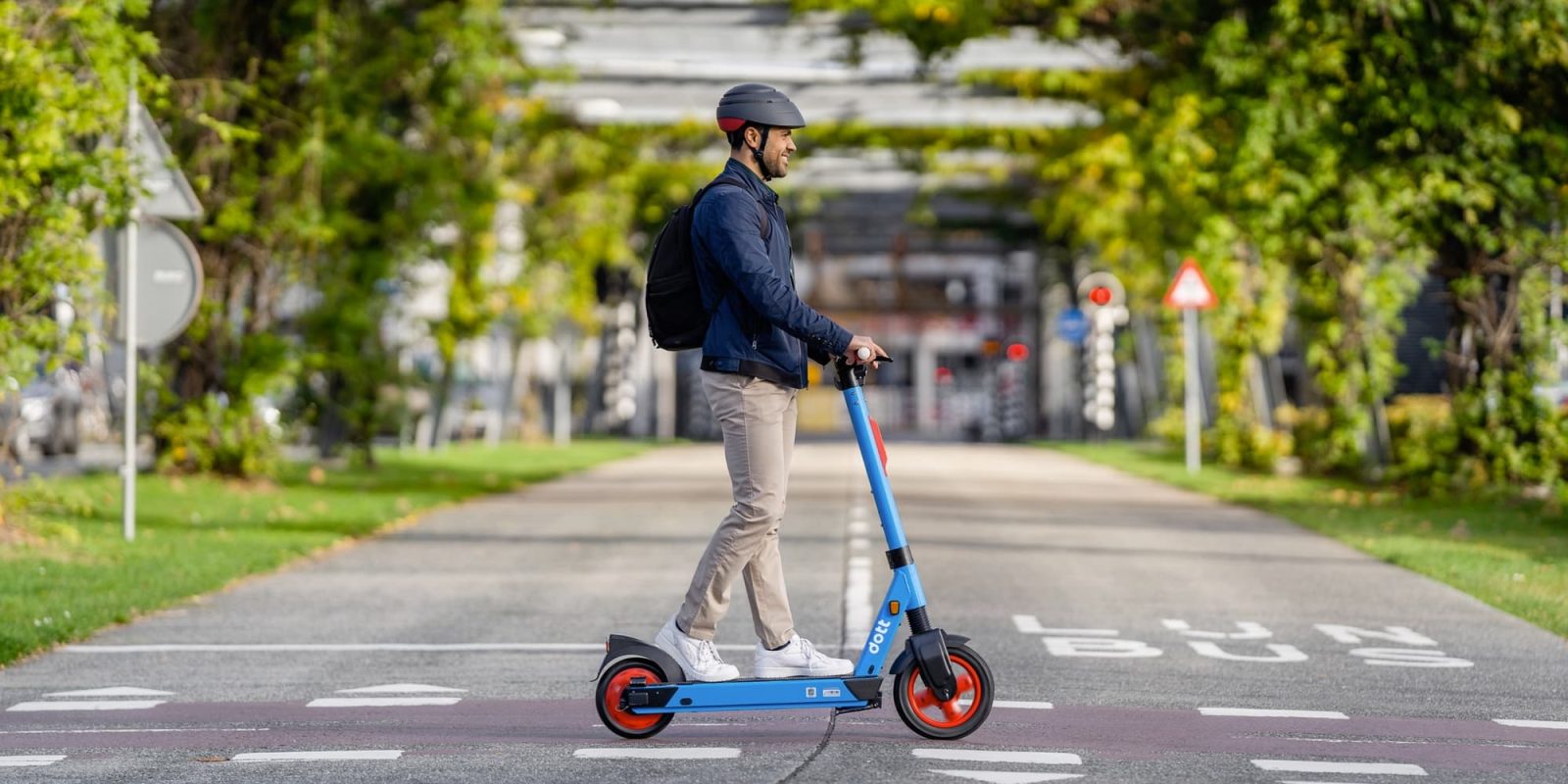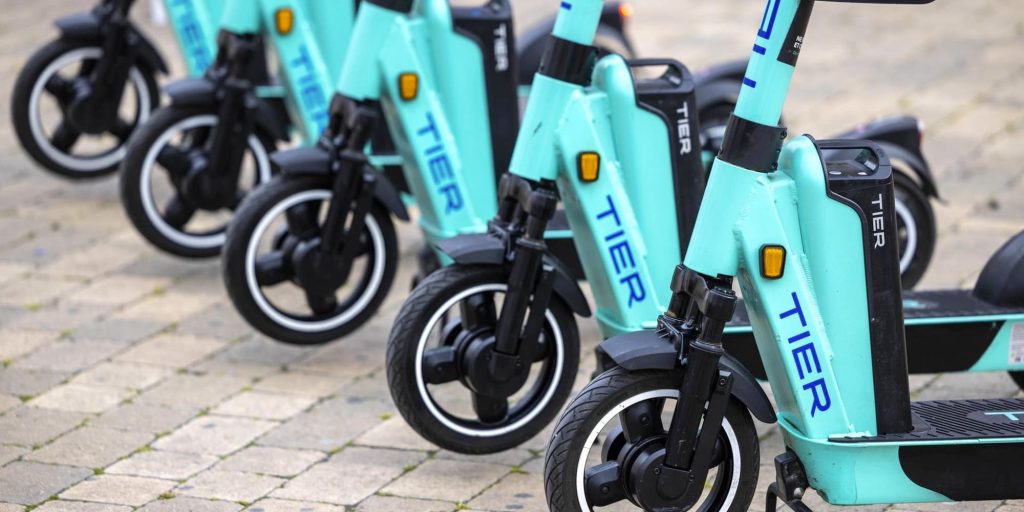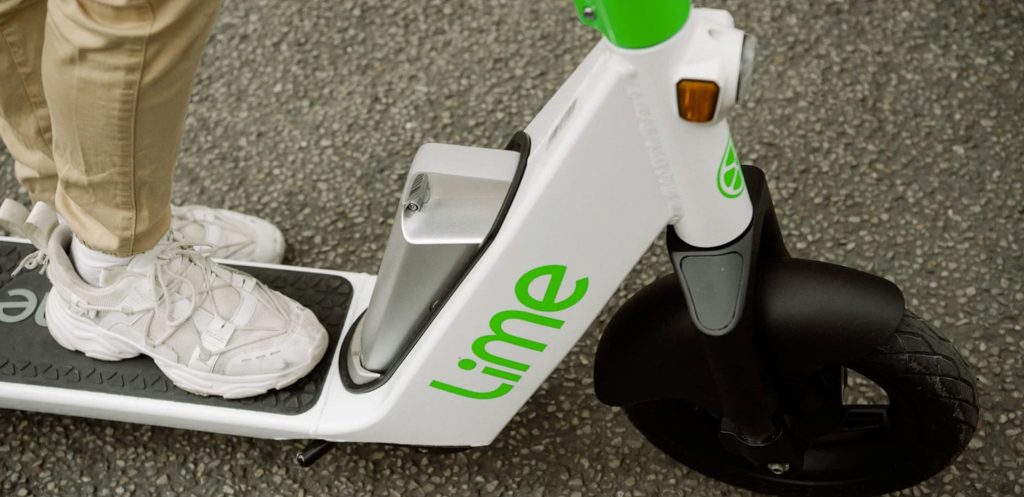
For years, shared electric scooters have dotted the streets and sidewalks of Paris. The scooters were heavily regulated but still welcomed into the city as a new form of alternative transportation. Over time though, the issue of shared e-scooters became more divisive, especially as the number of e-scooters in the city grew. Now it looks like the city is ready to write the final chapter on the shared two-wheelers after a recent vote has led the French capital to ban rental e-scooters.
Electric scooters are light, two-wheeled electric vehicles that typically have speeds of up to 25 km/h (15 mph) in Europe.
Their popularity has soared around the world in the past five years, especially in urban areas where they are used as a form of quick, convenient transportation.
Unlike privately owned electric scooters that are either locked outside or more commonly carried inside riders’ homes or places of work, shared electric scooters are free-floating devices. They are spread around cities where they are rented by the minute using a smartphone application.
Three shared scooter companies, Lime, Tier, and Dott, currently have permits from the city of Paris to operate up to 5,000 scooters each in the city.

Paris Mayor Anne Hidalgo, who has been a champion of reduced car traffic in Paris, led the April 1 referendum to ban shared e-scooters in the city.
Around 89% of voters opted to ban shared e-scooters, though the referendum was plagued by ultra-low voter turnout of around 8%. According to Politico, the shared e-scooter companies had petitioned the city to allow secure electronic voting as it was highly favored by the younger 18-24 demographic that comprise the majority of shared e-scooter riders. Their request was denied.
Hidalgo has pledged to have the shared electric scooters removed by September 1. The ban will not impact privately owned electric scooters, of which there are over 1 million in France.

One shared electric scooter, two competing viewpoints
Depending who you ask, shared electric scooters in Paris were either a menace or a blessing.
Those who opposed the electric scooters pointed to the thousands of scooters littering the sidewalks and pedestrian areas of the city. Riders often flouted traffic rules or parked scooters where they weren’t permitted, and many scooters were tossed into the river Seine by opponents of the light electric vehicles, adding more waste to the waterway.
Scooters left laying on their sides often made it harder for pedestrians to walk on sidewalks and proved to be even greater obstacles to the physically disabled.
Last year Paris saw three deaths and over 400 injuries associated with e-scooters, according to The Guardian.
On the other side of the argument, proponents of shared electric scooters in the city have touted their convenience as an effective and clean alternative form of transportation in Paris. Riders often use the shared e-scooters to replace the need for a car in the city. Compared to personal electric scooters, shared e-scooters prevent the worry of theft – another common issue in large cities like Paris.
Top comment by John Slow
This is interesting to see from afar. We have lime scooters in my city. Mixed bag. I saw a report on them showing where trips start and end. A decent number help people get in and out of downtown core. Perhaps companies need to be more proactive in affecting customer behavior? Leave it in a bad spot, lose access for a month.
Ultimately, the issue largely came down to a generational divide. Younger citizens that made up the vast majority of the shared e-scooter ridership were more likely to oppose the ban, while older city residents that typically made use of other forms of transportation supported banning shared e-scooters.

Paris leading the car-free movement
Even without shared e-scooters, Paris has played a progressive role in the growing movement to reduce car usage in cities.
Paris operates a popular city-run bicycle and e-bike rental program, and last year Paris announced a ban on cars in much of the historic center of the city.
Vehicles banned under the new rules will include most private vehicles used for through traffic. Exceptions will be made for public vehicles, residents who live in the included areas, delivery drivers, and those accessing services such as shopping. Despite the large number of exceptions, the move is still expected to take around 50% of cars off the road in the city center.
FTC: We use income earning auto affiliate links. More.





Comments